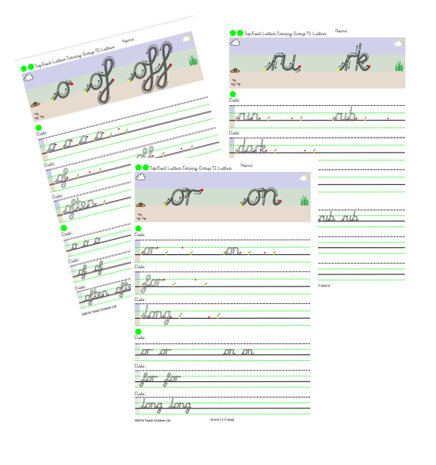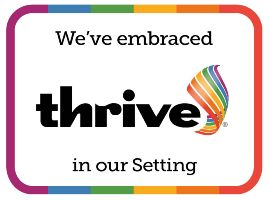Writing and SPaG teaching at Glebe
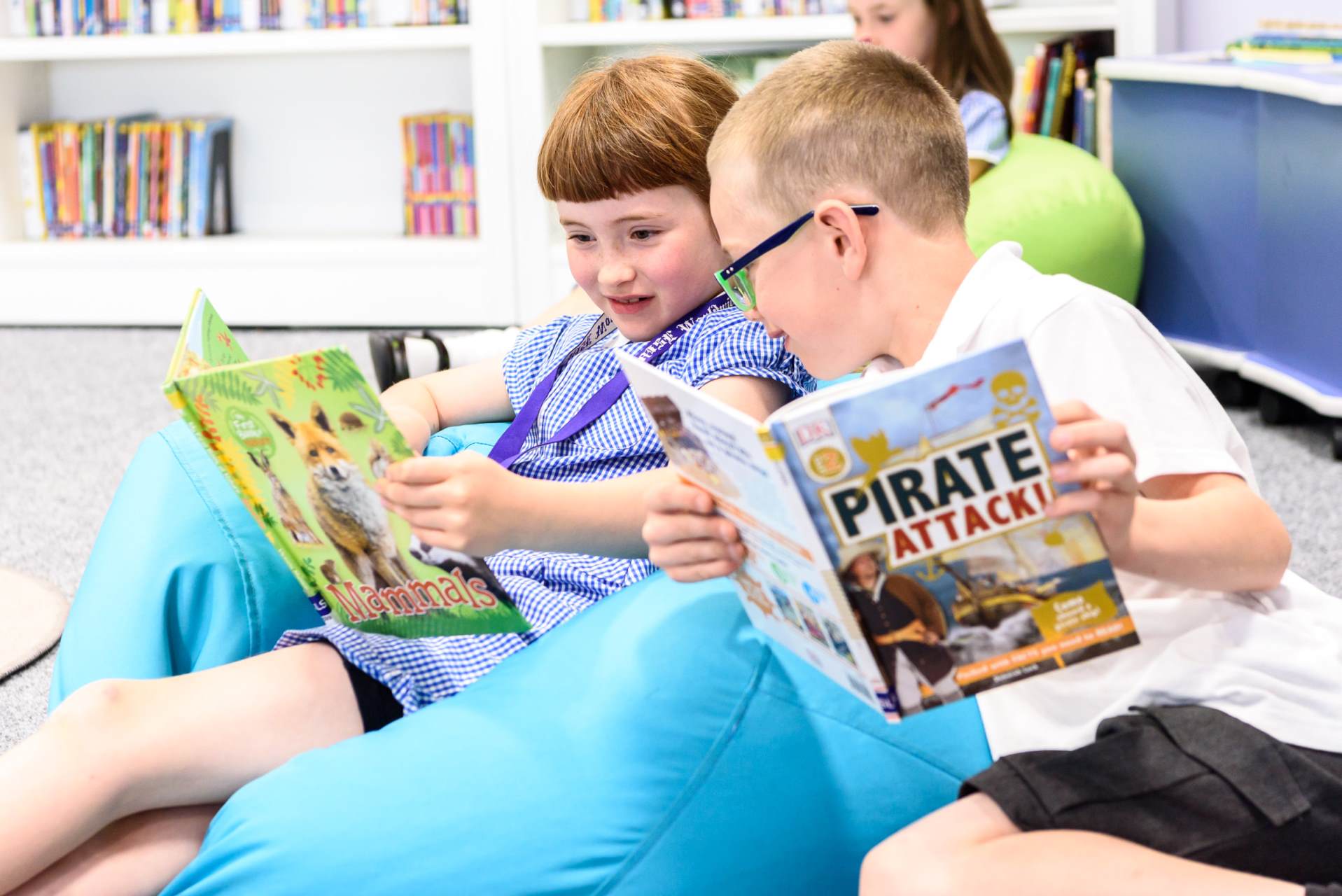 English Leadership Team
English Leadership Team
- Miss Williams - Leader
- Miss Leeves - Reading
- Mr McRae - Reading
- Miss Baker - Spelling and Grammar
The INTENT of Writing and SPaG at Glebe
At Glebe, our English curriculum is designed to guide children to become competent readers and skilled writers. Through dynamically delivered lessons, carefully chosen key texts and modification and challenge we believe that all children can be successful writers.
Our writing curriculum is ambitious and varied and provides all children with an abundance of opportunities to develop their writing skills. At Glebe, we believe that a secure foundation of phonics is essential when developing reading and writing skills and ensure that every child is supported to achieve this. Our writing units are closely linked to our reading units to immerse the children in key texts and learn from established authors.
Our curriculum is organised so that skills are built upon and revisited multiple times. We believe that spelling, punctuation and grammar are key building blocks to becoming a successful writer and revisit these skills frequently by teaching discrete lessons, weaving skills into our modelled writing and revisiting learning in RAP sessions.
Writing is highly valued across our curriculum and we provide a wide range of opportunities for children to write about interesting and thought-provoking subjects across our topics.
How we teach Writing at Glebe

To support early writing in Reception and Year 1, we use a highly successful programme for reading and writing called Read Write Inc (RWI) to develop phonic knowledge. This enables our learners to become confident readers and writers (please click here to find out more about RWI: http://www.glebeprim
ary.co.uk/English-Reading/ ). When children have completed the RWI programme, their writing lessons begin to follow The Write Stuff approach. For Years 2-6, writing is taught across the school using The Write Stuff approach, which is an incredibly effective way to develop children’s understanding of writing, punctuation and grammar.
The Write Stuff
The Write Stuff approach uses key texts to inspire writing and breaks learning down into manageable chunks. During a Write Stuff writing unit, the children experience: sentence stacking lessons, experience days and independent writing sequences. These are all linked to the three zones of writing that we encourage the children to write through. On the left you can see our Writing Rainbow. We believe that writing is strengthened by great imaginations, which we can remember by using the FANTASTIC acronym. Next, there is the GRAMMARISTICS tools. Children use these lenses to be in control of their grammar choices to improve the precision and the impact of their writing. Finally the techniques, which are part of the BOOMTASTIC lenses. These enable children to showcase their personal voice and writerly style through the techniques they use
What is a Sentence Stacking lesson?
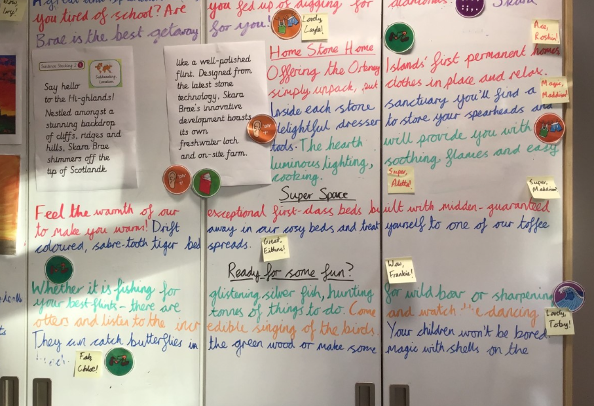 Sentence Stacking lessons concentrate on the teaching of writing with a sharp focus on the craft and construction of sentences. Each Sentence Stacking lesson is organised into three learning chunks. Each learning chunk focuses on one of the lenses from the Writing Rainbow. Through vocab gathering activities and strong modelled writing from the teacher, the children build up their writing, sentence by sentence. Sentences created by pupils are celebrated and examples are used to form a large class display.
Sentence Stacking lessons concentrate on the teaching of writing with a sharp focus on the craft and construction of sentences. Each Sentence Stacking lesson is organised into three learning chunks. Each learning chunk focuses on one of the lenses from the Writing Rainbow. Through vocab gathering activities and strong modelled writing from the teacher, the children build up their writing, sentence by sentence. Sentences created by pupils are celebrated and examples are used to form a large class display.
What is an Experience Day?
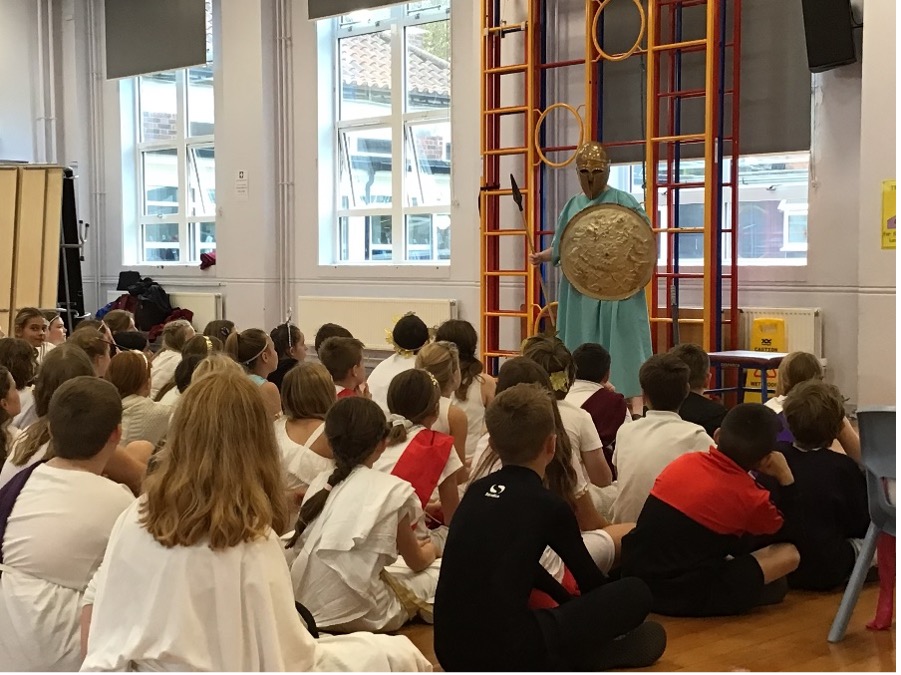 These lessons are immersive activities that stimulate ideas. Experience lessons can take many forms – visits out, visitors in, drama workshops, zoom calls, research etc. They are used to strengthen the children’s understanding on the context and build their imagination. During these lessons, great vocabulary is drawn out of the children linked to the Writing Rainbow, ready to use in their writing.
These lessons are immersive activities that stimulate ideas. Experience lessons can take many forms – visits out, visitors in, drama workshops, zoom calls, research etc. They are used to strengthen the children’s understanding on the context and build their imagination. During these lessons, great vocabulary is drawn out of the children linked to the Writing Rainbow, ready to use in their writing.
What is independent writing?
At the end of every unit, the children are excited and ready to write their own piece of writing by themselves. During these lessons, the children can show off all of the skills they have been learning about in their own independent work.
Writing for a Purpose
At Glebe, we consider the task, audience and purpose (TAP) in all of our writing units. We believe that writing for a purpose and with an audience in mind, supports children to be successful at achieving their task. We use Michael Tidd’s four purposes for writing: to entertain, to inform, to persuade and to discuss.
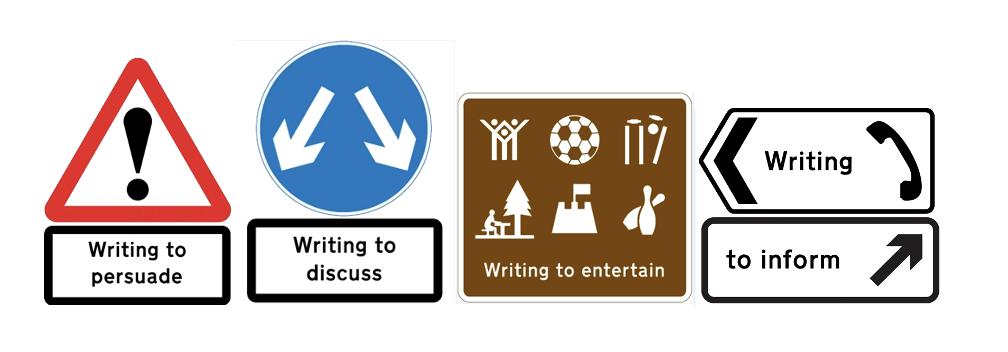
Whole School Writing Overview
layer 2 writing leader 2023 2024.pdf
Speaking and Listening
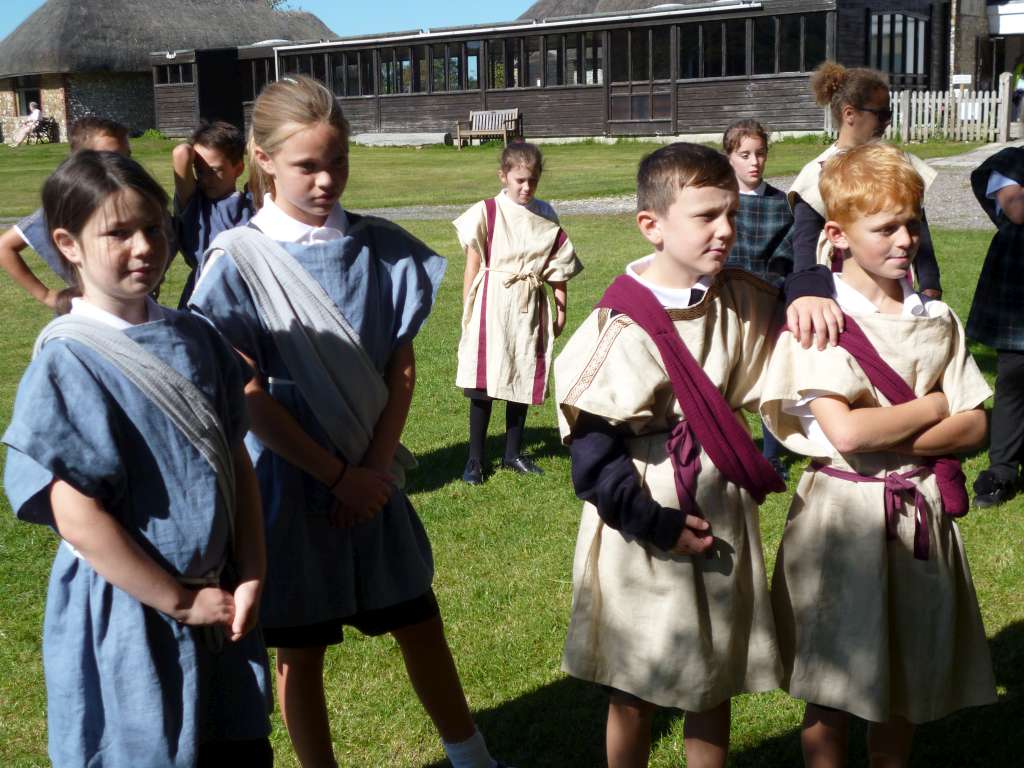
Speaking and listening skills are essential stepping stones for children to successfully participate in effective communication throughout their lifetime. The quality and variety of language that pupils hear and speak are vital for developing vocabulary and grammar in order to prepare their ideas before they write. At Glebe, we encourage progress in these skills through participation in class and group discussions. Using the curriculum, we can provide continuous opportunities for children to listen attentively, share ideas, ask questions, give and receive instructions, offer explanations and discuss different points of view. Role play and drama also have a vital role to encourage children to express themselves. Using these oral activities, children's thinking, language development and confidence is supported.
Spellings
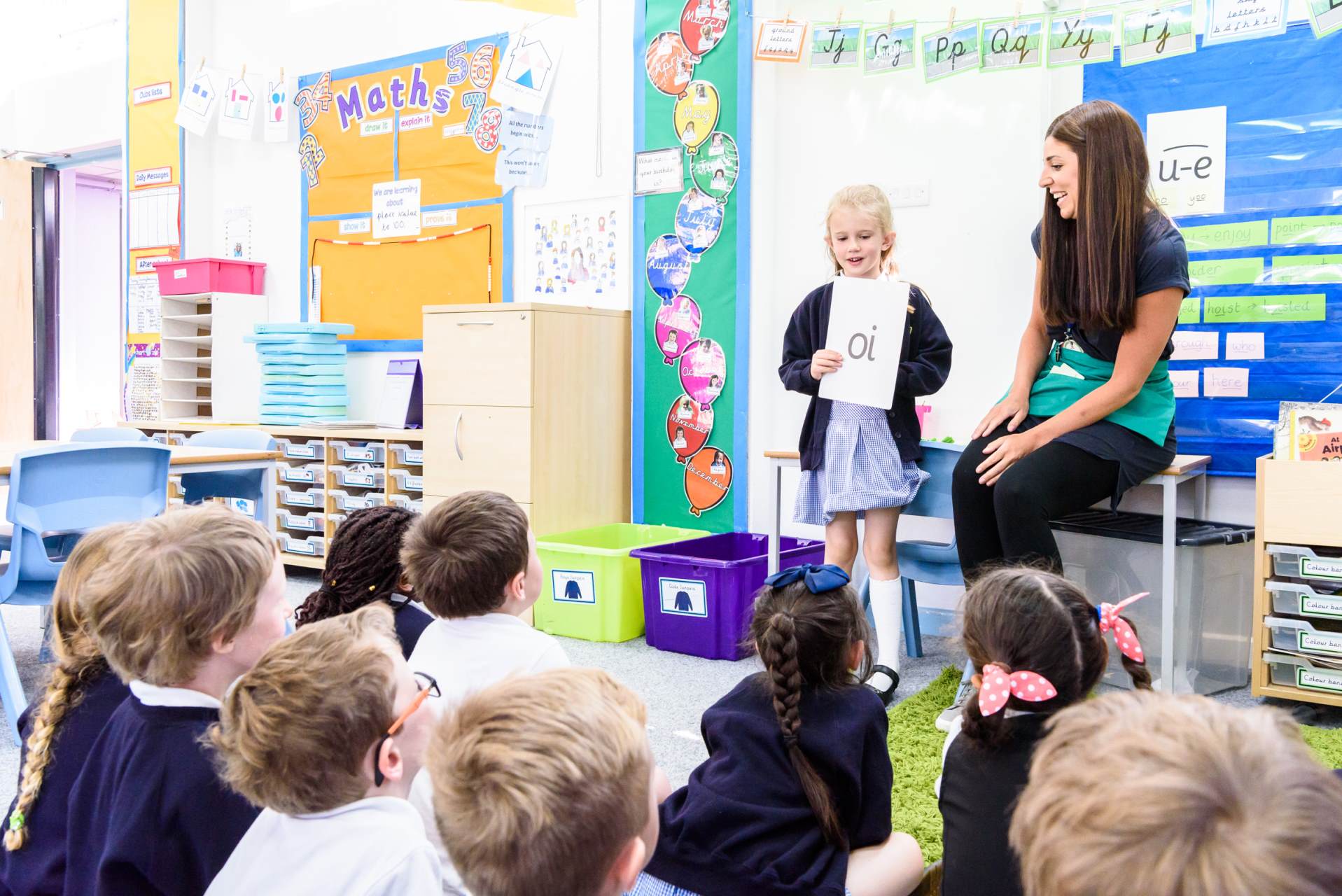
Spelling has a heightened importance in our English curriculum. Children develop their understanding of spelling rules daily through modelled writing, reading new vocabulary and in daily spelling sessions. In Reception and Year 1, spelling is included in our RWI programme. From Years 2- 6, specific spelling patterns and rules are taught, following the guidance from the National Curriculum. All children from Years 2-6 have their own spelling books, where they are encouraged to create personal dictionaries, practise spellings and store useful word banks which they can refer back to in lessons.
At Glebe, we use SpellingShed as a resource to organise the spelling patterns and rules into weekly spelling lists for Years 2-6. These weekly spelling patterns/rules are explicitly taught in school and practised daily. Children can also login to SpellingShed from home to play online games to practise their spelling lists. Where appropriate, spellings are differentiated to form our ‘Skeleton Spelling’ lists and our ‘Precision Teach’ personalised spellings lists.
https://www.spellingshed.com/en-gb/
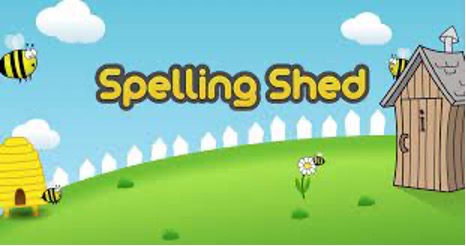
Handwriting
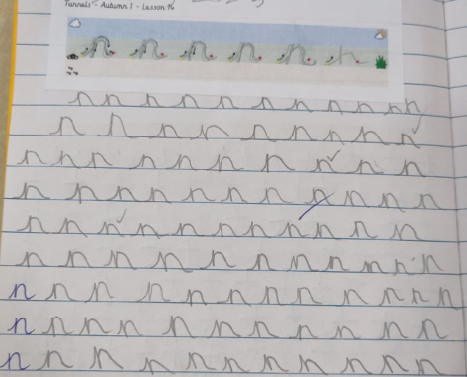 Handwriting at Glebe is taught following the ‘Teach Handwriting’ approach to cursive formation. When the children are ready to begin to join their handwriting, cursive formation is taught. Letter joins are revisited throughout the school to ensure correct formation is being used.
Handwriting at Glebe is taught following the ‘Teach Handwriting’ approach to cursive formation. When the children are ready to begin to join their handwriting, cursive formation is taught. Letter joins are revisited throughout the school to ensure correct formation is being used.
Cursive handwriting is taught through families of letters:
- Curves to start family: c a d g q o e s
- Straight line family: i l t x z
- Tunnels family: n m h b p u
- Top exit family: r v w
- Hooks, loops and lines family: j y f k
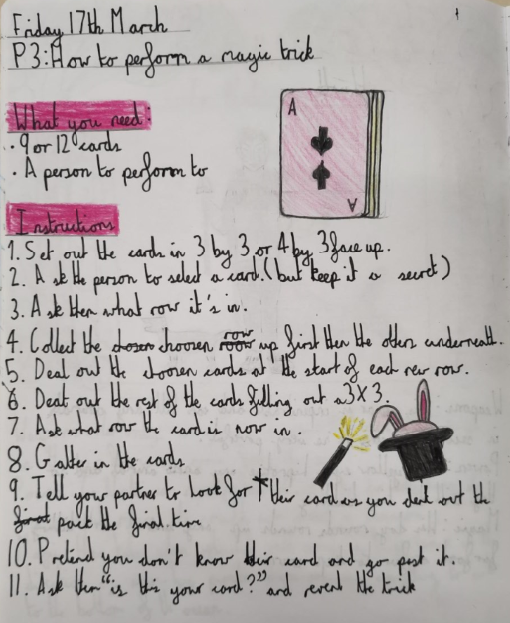 During a handwriting lesson, children practice handwriting exercises to build their upper body strength and pencil grip. They also consider the best sitting position for handwriting.
During a handwriting lesson, children practice handwriting exercises to build their upper body strength and pencil grip. They also consider the best sitting position for handwriting.
